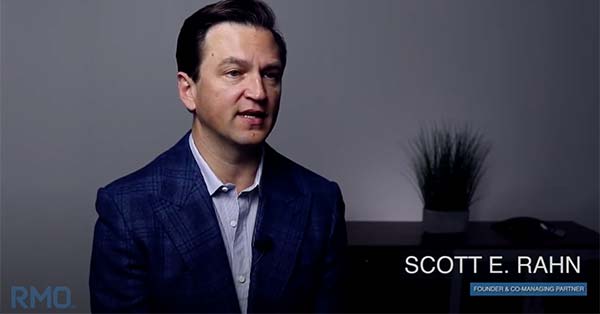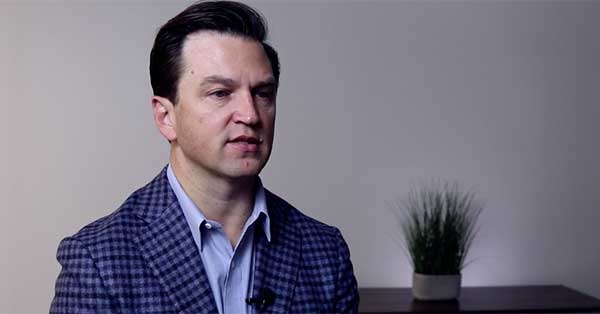CLIENTS
ATTORNEYS FOR CREDITORS
Creditors are people and businesses to whom a decedent owed money at the time of death. Creditors must act swiftly after a debtor dies to assert claims or their claims will be time-barred and lost. If you’re a creditor, you need to act swiftly to protect your rights. Don’t delay.




